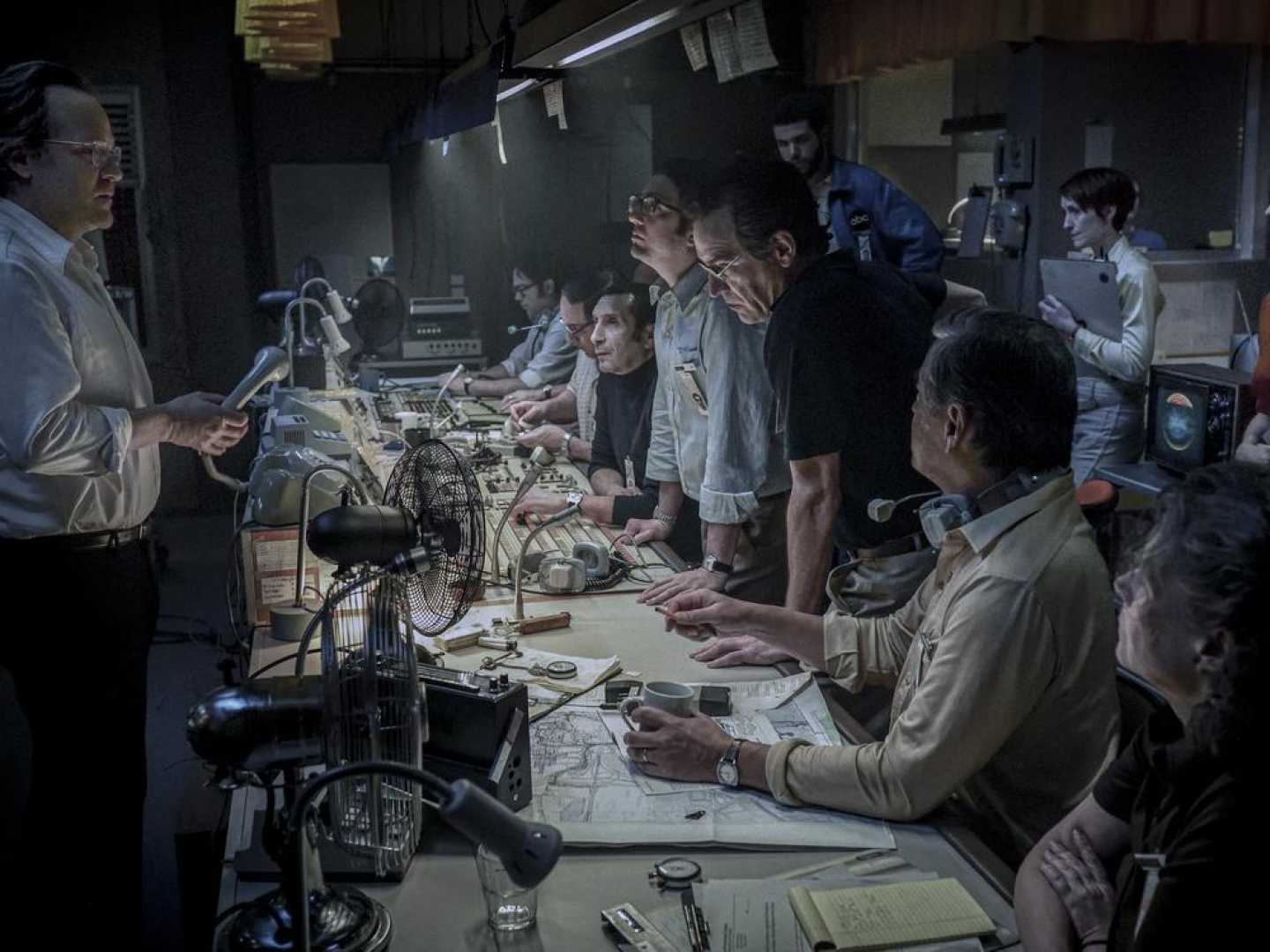Entertainment
New Film ‘September 5′ Revisits 1972 Munich Olympics Tragedy Through Journalists’ Eyes

In the early hours of September 5, 1972, the world watched in horror as eight members of the Palestinian terror group Black September stormed the Olympic Village in Munich, killing two Israeli athletes and taking nine others hostage. The tragedy, which unfolded over 22 hours, marked a turning point in global media coverage, as ABC Sports journalists became the first to broadcast a live crisis to millions. Now, director Tim Fehlbaum‘s new film, September 5, set to release on January 17, 2025, revisits the event through the lens of the journalists who documented it.
The film focuses on the ABC Sports team, led by Roone Arledge (played by Peter Sarsgaard) and Geoffrey Mason (John Magaro), as they navigated the chaos of the hostage situation. Despite being sports journalists, the team pivoted to breaking news coverage, defying orders to hand over the story to ABC’s news division. Their efforts resulted in a historic broadcast that changed the way live events were covered.
Fehlbaum’s film, which primarily takes place in the claustrophobic ABC Sports control room, captures the tension and improvisation of the day. ‘We wanted it to feel like you were in a submarine,’ said cinematographer Markus Förderer, referencing the confined space and limited visibility that mirrored the journalists’ experience.
The film also highlights the moral dilemmas faced by the journalists, particularly when German authorities demanded they stop broadcasting live footage that could jeopardize rescue efforts. ‘We were showing German sharpshooters on the roof of the building,’ recalled Geoffrey Mason, who served as a consultant on the film. ‘If the terrorists were watching, they could see what was happening above them.’
In addition to its historical accuracy, September 5 explores the broader implications of media responsibility in crisis situations. ‘This was a time of explosive technology,’ said producer John Ira Palmer. ‘The questions around the ethics of journalism are just as relevant today as they were in 1972.’
The film also introduces a fictional character, Marianne Gebhardt (Leonie Benesch), a German translator who serves as the moral compass of the story. Her presence underscores the weight of Germany’s post-war guilt and the irony of the tragedy occurring on German soil, just 27 years after the Holocaust.
Fehlbaum and his team went to great lengths to recreate the ABC Sports control room, sourcing vintage equipment and ensuring every detail was accurate. ‘We wanted it to feel like you were back in 1972,’ said production designer Julian Wagner. ‘Every button, every screen had to work.’
With its gripping narrative and meticulous attention to detail, September 5 is poised to become a standout in the journalism drama genre, joining the ranks of classics like All the President’s Men and Spotlight.












